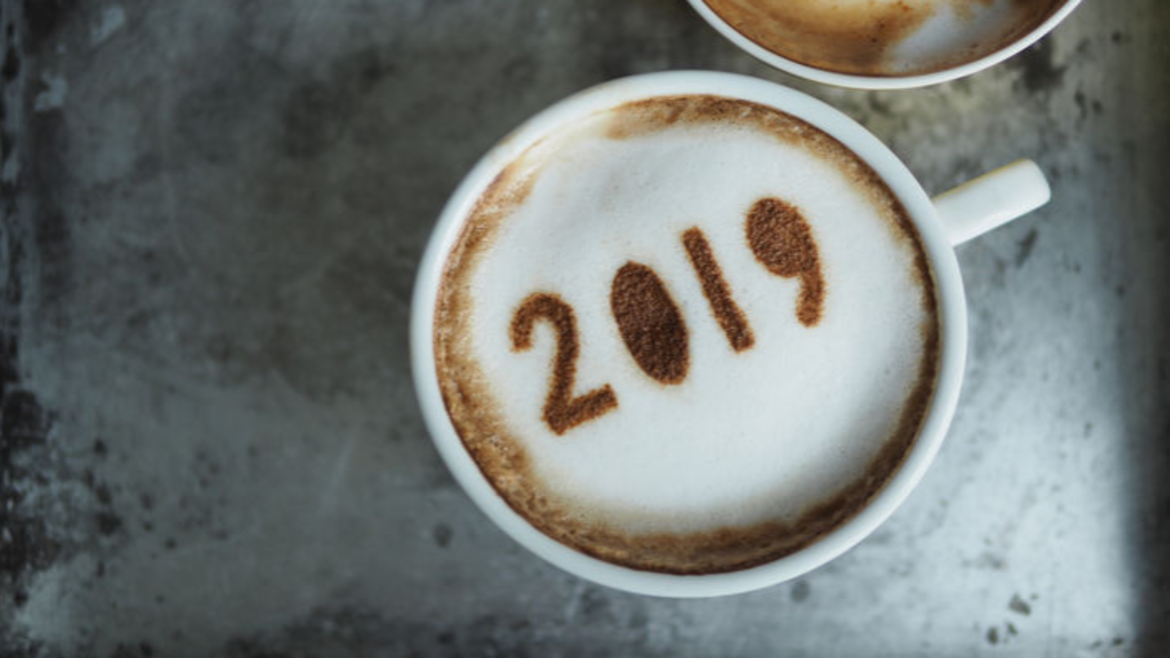BY LESLIE BENNETT
How does the beginning of the year impact your self-care? What did you do differently at the start of this year? What did you do the same?
As timely as all of the discussions and social media posts about the New Year are, some of us can be gripped by the very conversation that is supposed to inspire us to greatness, however often leads to disappointment, a decrease in self-confidence, and guilt or shameful feelings of not enough.
Over the years, I’ve had a love-hate relationship with the New Year, and so often it would end in disappointment. While I’m all for a new slate, creating goals, thinking up new visions for my life, and making plans for what I’m going to accomplish, I’ve also experienced the heart-wrenching emotions of publicly declaring my New Year intentions. Typically the realization sets in that those intentions are made out of fear and wanting to be part of the pack and had nothing to do with actually taking the actions to accomplish them.
There are many reasons why those goals don’t materialize. However, I’m more interested in how this set up of creating resolutions and intentions can affect our mental health.
When I ask this question of my colleagues, I get both sides of the coin. For some, it’s a great reminder to get back in the structure of their self-care practice. For many, the holidays are a time when overeating and drinking occurs; staying up late with inconsistent sleep patterns are the norm, and attending family commitments often take an emotional toll. So the New Year and recommitting to some self-care goals can work in their favor.
Others have a harder time with it. Some and this is more my experience, get so caught up in the hustle of creating something new that if it’s not accomplished or materialized perfectly (as declared on Jan 1) or within the first 3 months of the year, get very discouraged and disappointed in themselves. Our internal conversation becomes exponentially critical and fear based. Some experienced a paralyzing effect, that is, a resolution goal trap, often without any lifelines associated with it.
So what is there to do? Create smaller goals that are achievable? Not tell anyone about the resolution you created for yourself? Skip being accountable for yourself or anyone for what you are creating and envisioning?
I’m not sure there is an answer for everyone. However, I can tell you how I dealt with it for myself this year.
I took on making some changes which occurred before the holidays – ones that supported my self-care. They included:
- Switching my iPhone to airplane mode before I go to sleep. I use my iPhone for an alarm in the morning, however, was not turning off the internet signal. Once I started this practice, my sleep quality has improved. Read more about the effects here.
- I take the 1st 60-90 minutes in the morning for reading, reflection, and connection with Neil (my husband) prior to attending to anything work-related. Because my phone is in airplane mode, I have a choice when I begin looking at email and social media on my phone. This practice has impacted how I approach my work during the day. I have felt noticeably better, I’m no longer anxious and feel like I can’t catch up, and my level of effectiveness has increased. There is a great book I’ve been reading by Brendon Burchard – High-Performance Habits where he sites a research study on this very behavior: “There was a massive study conducted with 1,700 performers who didn’t change anything but one simple thing. They were not allowed to check their inbox during the first 60 minutes of the day. This resulted in 30% more productivity a week!“I recommend this book; you can get it here for free:
- I’ve deleted my facebook app from my iPhone last year at this time. My goal was to not check or use the app for 30 days. I succeeded at that and at the time of writing this, I’m on day 373.) It’s been wonderful. I feel better; I don’t have the experience of wasting time. Any social media I am looking at is no longer habitual but rather a choice. (I’ve been using Instagram) Side note: I believe Facebook serves a purpose and I like that I am now intentional about how and when I use it. Over the last year, I’ve only been on facebook a handful of times. The break has been great, and I’ve proven to myself it is possible to live without facebook. There are lots of studies and articles about the effects of social media on our mental health – here’s one that came out in Dec 2017 that I find interesting.
By thinking about and beginning these new behaviors before the New Year, and keeping a lowish profit about it until I was satisfied that a consistent habit was born, it has created a safe environment for me. Some of the benefits I’ve noticed are:
- Feelings of confidence, peace and well being are more present and tangible each day.
- Feelings of gratitude for people, events, actions, nature and relationships and communicating it.
- Feelings of being emotionally open and available to others.
- I’ve noticed a pure and powerful willingness to contribute to others in my community.
- Life seems to be going my way.
I’d love to hear about your New Year and what you do about all this resolution stuff. Does it affect your mental health?
Leslie is the founder of Mental Health Sherpa (lesliebennett.ca) which provides resources and support for professionals living with mental health challenges wanting to thrive in their careers. After ten years of hiding her story of being diagnosed with bipolar disorder, she now openly speaks about her experience and journey. She works with individual and corporate clients as a Mental Health Strategist, Executive Coach and Management Consultant.


